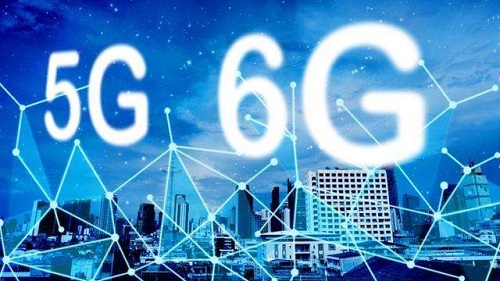WiMi Hologram Cloud Inc., a global hologram augmented reality (AR) technology provider, announced a study on the integration of edge computing, robotics, artificial intelligence, digital holography and 6G communications using 6G high-speed broadband networks with its self-developed multi-dimensional holographic vision mapping technology.
Relying on a 6G network, WiMi integrates digital holographic technology into many application scenarios such as communication, telemedicine, office design and entertainment games, realizing real interaction between digital holographic virtual content and users, significantly reducing the distance between disseminated information and users and establishing a human experience-centered information dissemination model.
The holographic communication service is a holistic application solution for the acquisition, encoding, transmission, rendering, and display of data from highly immersive, multi-dimensional interactive application scenes based on naked-eye holographic technology, encompassing the entire end-to-end process from data acquisition to multi-dimensional sensory data restoration and is a highly immersive, highly natural interactive business form.
WiMi’s holographic communication architecture will enhance the information delivered between the communicating parties’ attractiveness, practicality and efficiency. Capture sensors provide real-time status of the face and body, applying format conversion and filtering before encoding to reduce the bit rate requirements on the network.
The compressed hologram is transmitted to the digital holographic device over a low latency reliable transmission network such as 6G. The compressed hologram is decoded and processed on the digital holographic device before being rendered in an aerial environment. At the same time, the rendering engine considers the positioning and semantic information of the device and the rendered scene, allowing the hologram to be displayed directly in the air.
Relying on the addition of 6G, high-performance computing can be shifted to the network, thereby reducing energy consumption and end-to-end latency on mobile devices.
To bring about a more seamless collaboration of ‘human-machine-object-realm,’ WiMi also is researching and creating a multi-dimensional digital hologram that propagates in real-time through media-free air and responds to the touch of the image. The plan is to use lasers emitting ultra-short pulses of light to create graphics in the air, where the high-intensity beam can break down air molecules by ionization, resulting in a brief spot of light or plasma.
The image is rendered by rapidly adjusting the laser focus in multiple dimensions, generating thousands of emission points or voxels per second, and following the rendering in real-time.
WiMi’s research offers a new level of enjoyment to remote interaction by shifting from simple communication to holographic information-based communication that are no longer restricted by geography or environment and bring people together in a “real” way.









